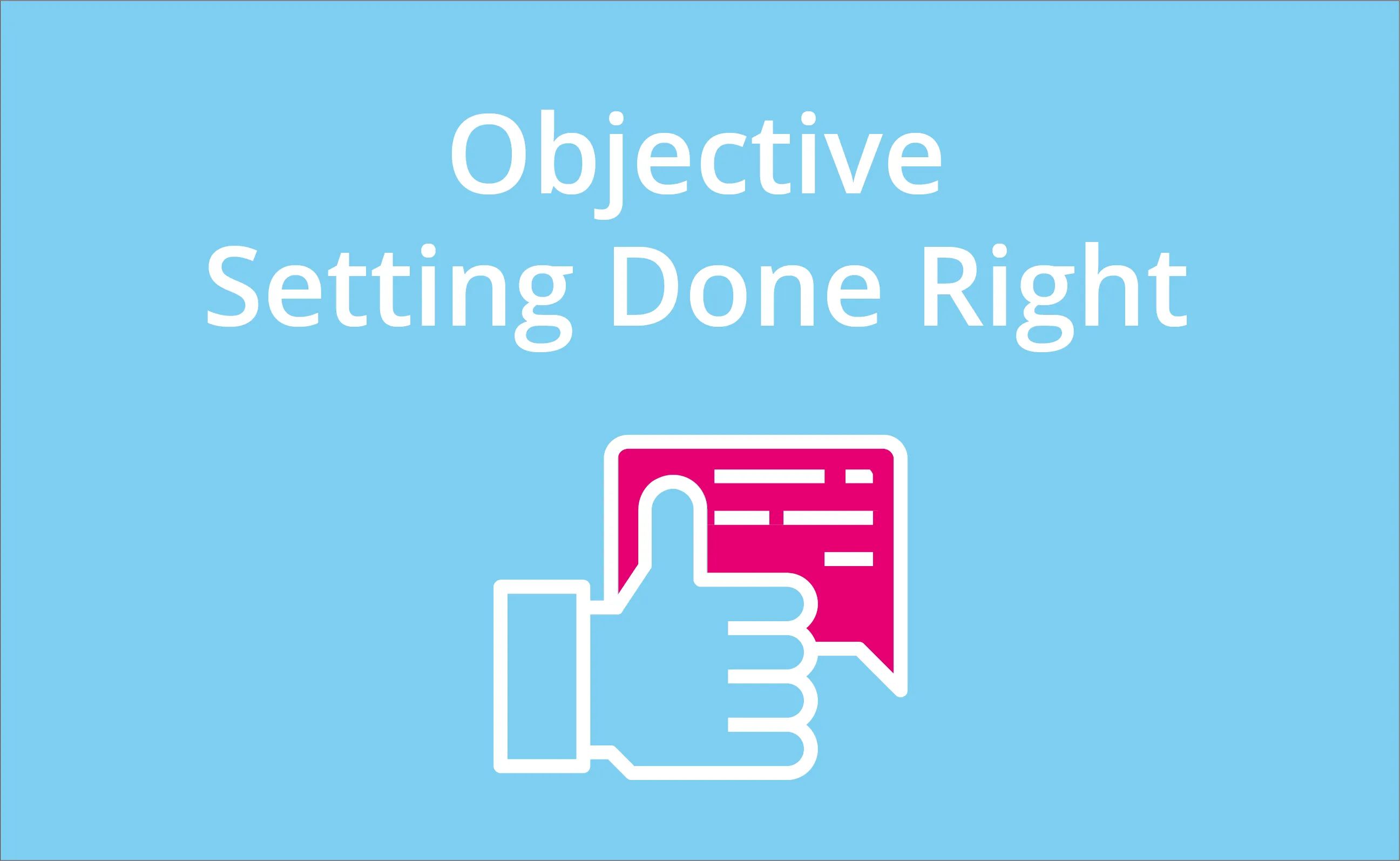
Introduction
Partner organizations face the constant challenge of making strategic decisions that can drive their success. To navigate this complexity, Deloitte, one of the world's leading professional services firms, uses a framework known as "Where to Play, How to Play, and Play to Win."
This approach helps organizations identify opportunities, define their goals, and execute strategies to achieve long-term success. In this blog, I will break down the framework, exploring each component and understanding how the partner team at Qollabi uses it to create a winning strategy.
Where to Play: Navigating Partner Opportunities

In the context of managing a partner program, the "Where to Play" component gains paramount importance. It's crucial to select the right partners to collaborate with. Just as Deloitte identifies and evaluates market opportunities, partner managers must identify potential partners that align with their partner program's goals and capabilities.
This involves a meticulous assessment of various factors, including the partners' expertise, market reputation, customer base, and alignment with the program's objectives. Segmentation components need to be included in the partner planning process.
Key considerations in the "Where to Play" phase for partner managers:
- Partner Segmentation: Divide potential partners into distinct segments based on criteria such as their specialization, industry focus, willingness to collaborate, strategic fit, geographic reach, etc.
- Partner Attractiveness: Assess the attractiveness of each potential partner in terms of their expertise, client base, growth potential, and alignment with your program's offerings.
- Competitive Edge: Identify the unique strengths and capabilities of each partner that can contribute to the success of your partner program and set them apart from other partners.
How to Play: Crafting a Winning Partnership Strategy

Once the right partners have been identified, the "How to Play" phase comes into play. This phase mirrors Deloitte's strategy of effectively competing in chosen markets. For partner managers, it translates to developing a strategy that optimizes the strengths of selected partners and meets the needs of the program's stakeholders. This includes defining the joint value proposition, partnership differentiation, incentives, and collaborative partner plans.
Key considerations in the "How to Play" phase for partner managers:
- Joint Value Proposition Definition: Clearly articulate the value that the partnership brings to both the partner and the program, outlining the benefits and mutual goals.
- Differentiation Strategy: Identify the unique attributes of the partnership that make it stand out in the market and leverage them to create a competitive edge.
- Collaborative partner plans: Collaboratively design partner plans that combine the strengths of the partnership.
- Incentive Structure: Develop a fair and enticing incentive structure that motivates partners to participate and contribute to the program's success.
Play to Win: Executing and Thriving Together

The most important part of the framework, "Play to Win," is about putting the partnership strategy into action. This phase requires partner managers to allocate resources effectively, monitor performance, and adapt to changing dynamics to stay ahead.
Just as Deloitte emphasizes operational excellence, partner managers must ensure that the partnership operates seamlessly, delivering and showing value to all parties involved.
Key considerations in the "Play to Win" phase for partner managers:
- Resource Deployment: Allocate resources to support the partnership, including investments in technology, training, and support.
- Performance Metrics: Establish objectives and key results (OKRs) that allow tracking the partnership's progress and identifying areas that need improvement on a frequent basis.
- Adaptive Approach: Embrace a flexible approach that allows the partnership to evolve in response to market changes and emerging opportunities; don’t wait for the next quarterly business review (QBR).
- Continuous Enhancement: Foster a culture of continuous improvement within the partnership, encouraging feedback and a collaborative mindset.

Conclusion: Empowering Partner Management
Deloitte's "Where to Play, How to Play, and Play to Win" framework offers a strategic roadmap for partner managers to navigate the complexities of managing partners. By effectively selecting partners, crafting value-driven strategies, and executing with precision, partner managers can set the stage for successful partnerships. Understanding and applying these principles in the partner plan can drive long-term success and impactful outcomes.



